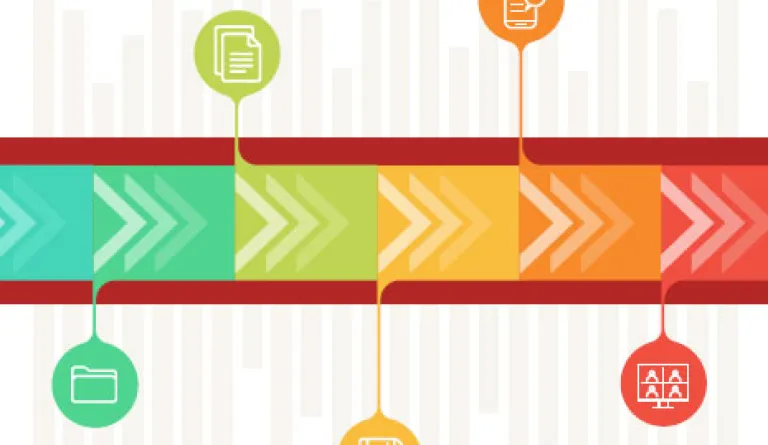New IAALS Report on State Court Civil Filings: The Trends, Drivers of Change, and Importance of Data

IAALS, the Institute for the Advancement of the American Legal System at the University of Denver, announced today that it released its new The Past and Future of State Court Civil Filings report. This report provides important new insights into long-term filing trends and areas where courts may need resource shifts, like declining tort and small claims cases and increasing debt-collection cases. Building off a review of historical events, IAALS also developed a framework around the numerous factors that may influence filings, which can further guide analysis.
In 2022, the World Justice Index ranked the United States 115 out of 140 countries as to whether people can access and afford civil justice. With 66 percent of the population experiencing at least one legal issue over a four-year period, according to IAALS’ US Justice Needs study, there is significant work to do to improve access to justice. Court systems are among those sources of help that improve the chances of resolution. By focusing on state court filings over time, The Past and Future of State Court Civil Filings aims to provide additional insights into the specific role that courts have played in resolving cases, how that role might be changing, and the factors that are expected to continue to influence the filing of cases in our courts going forward.
“Historically, it’s been accepted that state court case filings climb over time in step with population growth, which has informed court planning for buildings, staff, judges, and other resources. More recently, however, courts saw a decline in filings, now followed by fluctuation stemming from the pandemic,” says IAALS CEO Brittany Kauffman. “Courts need a better understanding of what types of cases are being brought before them—and in what numbers—so that planning and policymaking can respond accordingly.”
To bring more clarity and guidance, this report presents a multifaceted study that explores civil case filings over a long timeframe—16 to 41 years—in four states: California, Minnesota, Ohio, and Texas. While it is critical to look at filings in the short term given the current recent challenges of the pandemic, this longer view of filings challenges us to think more deeply about changes over time, influencing factors, and takeaways for planning, policymaking, and reform efforts.
“To stay relevant and effectively deliver justice in our rapidly changing world, courts must keep their finger on the pulse of current case trends and anticipate what is coming next, “ says Judge Jennifer D. Bailey, Administrative Judge, 11th Judicial Circuit of Florida, Circuit Civil Division. “This report highlights a number of opportunities for courts to seize that mandate.”
Some of the key takeaways include:
- The increase in population and growing number of possible legal claims in people’s lives are not necessarily translating to increasing litigation in our state court system.
- Courts should re-examine their assumptions that filings will grow—and those who have planned for that growth with a fixed mindset in terms of their staffing, judges, and buildings may need a fresh analysis.
- Courts should move away from the tendency to focus on complex litigation when looking at filing trends and, instead, take a broader view—looking more closely at limited-jurisdiction cases and breaking down case types, such as small claims, whenever possible.
- It is essential to focus research and reform efforts on those justice needs in our society that are life-altering, including eviction and debt collection, to ensure these needs are met.
- Courts should utilize technology to track data with specificity and use this data to inform innovation and reforms.
“New technologies make consistent and granular data collection easier than ever, and can help courts make a stronger commitment to quality data collection in general,” says Logan Cornett, IAALS Director of Research. “And, when courts commit to internal policies that prioritize and standardize data and research, they can expect more-informed decision making, a more nimble organization, and a more responsive forum for the public.”
Support for this project was provided by The Pew Charitable Trusts.
